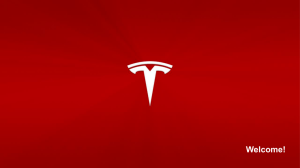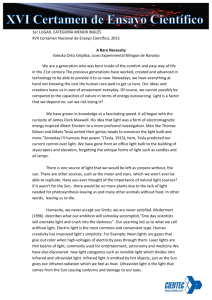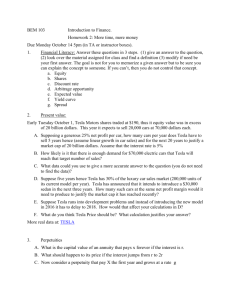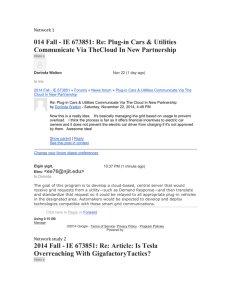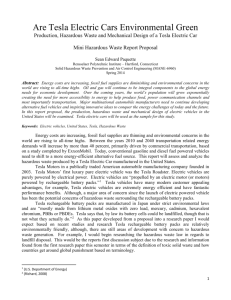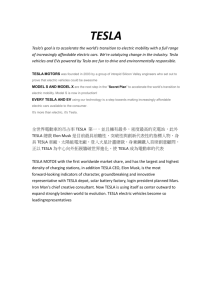Tesla Motors set to choose Nevada for its
advertisement
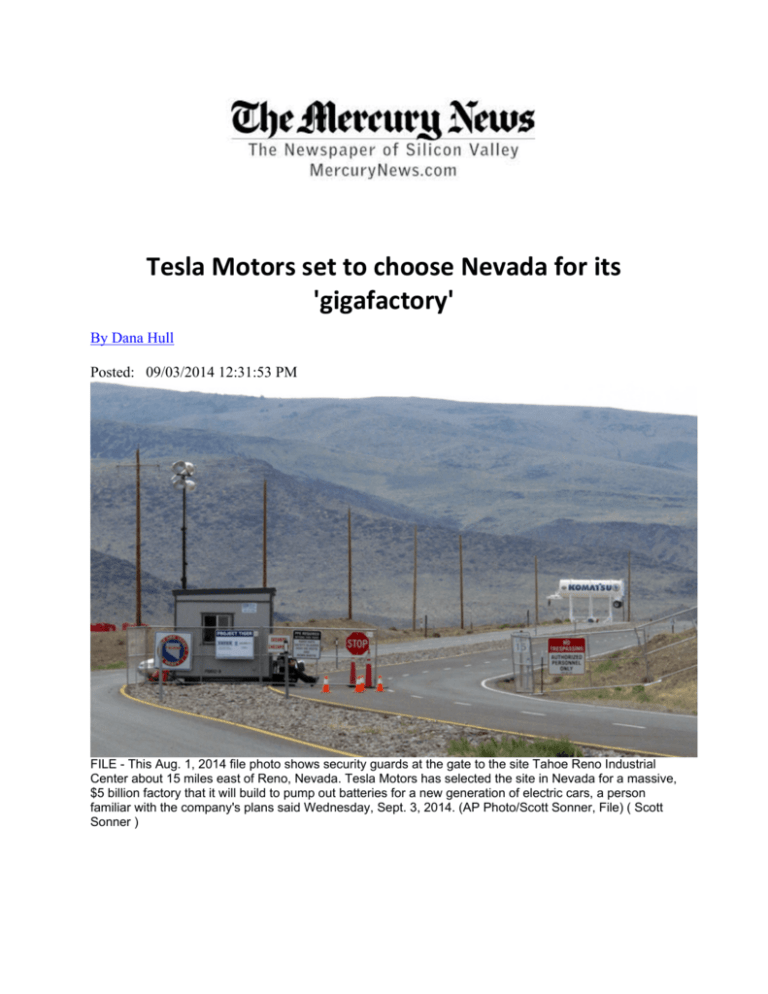
Tesla Motors set to choose Nevada for its 'gigafactory' By Dana Hull Posted: 09/03/2014 12:31:53 PM FILE - This Aug. 1, 2014 file photo shows security guards at the gate to the site Tahoe Reno Industrial Center about 15 miles east of Reno, Nevada. Tesla Motors has selected the site in Nevada for a massive, $5 billion factory that it will build to pump out batteries for a new generation of electric cars, a person familiar with the company's plans said Wednesday, Sept. 3, 2014. (AP Photo/Scott Sonner, File) ( Scott Sonner ) PALO ALTO ‐‐ Capping one of the fiercest battles for economic bragging rights in years, Tesla is expected to announce Thursday that it has chosen Nevada as the site for the automaker's first "gigafactory" for battery production. California officials, including Gov. Jerry Brown, had aggressively sought the factory, and the decision is a blow to the state's efforts to attract and retain high‐paying manufacturing jobs. "Tesla looks forward to joining the governor and legislative leaders tomorrow in Carson City," Tesla spokeswoman Liz Jarvis‐Shean said Wednesday in an interview with this newspaper. Tesla evaluated scores of potential sites in California, Arizona, New Mexico, Nevada and Texas throughout the spring and summer for its battery factory, which CEO Elon Musk has said will eventually produce more lithium‐ion batteries than the rest of the world manufactured last year. The fiercely competitive, five‐way contest among the states for the proposed factory and its promise of 6,500 manufacturing jobs turned into one of the most high‐profile economic development stories in years, with Musk personally engaging in robust discussions with governors, economic development officials and even members of Congress. The decision is a huge coup for Nevada, which is eager to diversify its tourism‐dependent economy and has one of the highest unemployment rates in the country. Tesla has already excavated on the presumed site at the Tahoe Reno Industrial Center, roughly a four‐hour drive from Tesla's Fremont factory. Casinos ‐‐ which need a lot of electricity ‐‐ could be prime customers of Tesla's energy storage systems. Tesla needs a 500‐ to 1,000‐acre site to accommodate up to 10 million square feet of construction. "The project is the holy grail sought by the Nevada foot soldiers of economic development," said John Boyd of The Boyd Co., a New Jersey‐based site‐selection firm. "It will have a huge economic impact on the housing, hotels, gaming, and construction industries in the Reno area." California officials expressed disappointment Wednesday. "No other state has added more jobs than California since the recovery began and we'll continue to work closely with businesses, including California‐based Tesla, that want to grow here," Brook Taylor, a spokesman for the Governor's Office of Business and Economic Development, said in an email Wednesday. "This can serve as a good learning opportunity for California," said Jim Wunderman, CEO of the Bay Area Council. "We should look very closely at what factors ultimately led to Tesla choosing Reno, and we should determine what we can do better going forward to attract and retain middle‐class jobs in California." State Sens. Ted Gaines, R‐Roseville, and Darrell Steinberg, D‐Sacramento, co‐authored a proposed Tesla incentive bill, but it did not advance before the legislative session ended. Tesla had said it expected states to pay about 10 percent, or $500 million, of the gigafactory's $5 billion cost. "I offered to drive the legislation if a good deal for California could be reached. Tesla's demand for taxpayer‐dollars upfront, without substantiated guarantees in return, was a bridge too far," Steinberg said in a statement Wednesday. "California continues to lead the national economic recovery, with many other opportunities ahead." A source close to the discussions noted that the only operating lithium company in the country is Rockwood Lithium, which operates in Silver Peak, Nevada, and could easily provide materials needed for Tesla's lithium‐ion batteries. Nevada Sen. Harry Reid is a vocal advocate of clean energy and is in the midst of hosting his annual National Clean Energy Summit in Las Vegas; Musk spoke at the summit in 2012. Nevada Gov. Brian Sandoval, a Republican, will convene a special session of the state's legislature to finalize the details of Nevada's incentive package, according to a source close to the negotiations; the session could convene as early as Tuesday. Tesla expects to sell 35,000 all‐electric Model S sedans in 2014 and is gearing up production of its Model X SUV, which will hit the market next year. By 2017, it plans to begin delivery of its more affordable "Gen 3" sedan, which it hopes to sell for about $35,000, or roughly half the cost of the cheapest Model S. Driving down the cost of battery packs is key to making electric cars more affordable. Each Model S sedan is powered by more than 7,000 lithium‐ion battery cells, which Tesla gets from Panasonic. While the battery cells are similar to those used in laptops and game consoles, Tesla's were jointly developed by Tesla and Panasonic specifically for electric vehicles. Tesla and Panasonic have signed an agreement to collaborate on the gigafactory. But the gigafactory is not just for car batteries. Tesla is increasingly exploring stationary energy storage for homes, businesses and utilities. "The gigafactory represents a fundamental change in the way large‐scale battery production can be realized," Tesla Chief Technical Officer JB Straubel said in a statement earlier this summer. "Not only does the gigafactory enable capacity needed for the Model 3 but it sets the path for a dramatic reduction in the cost of energy storage across a broad range of applications." This article is the: #1 most‐clicked among business articles today
